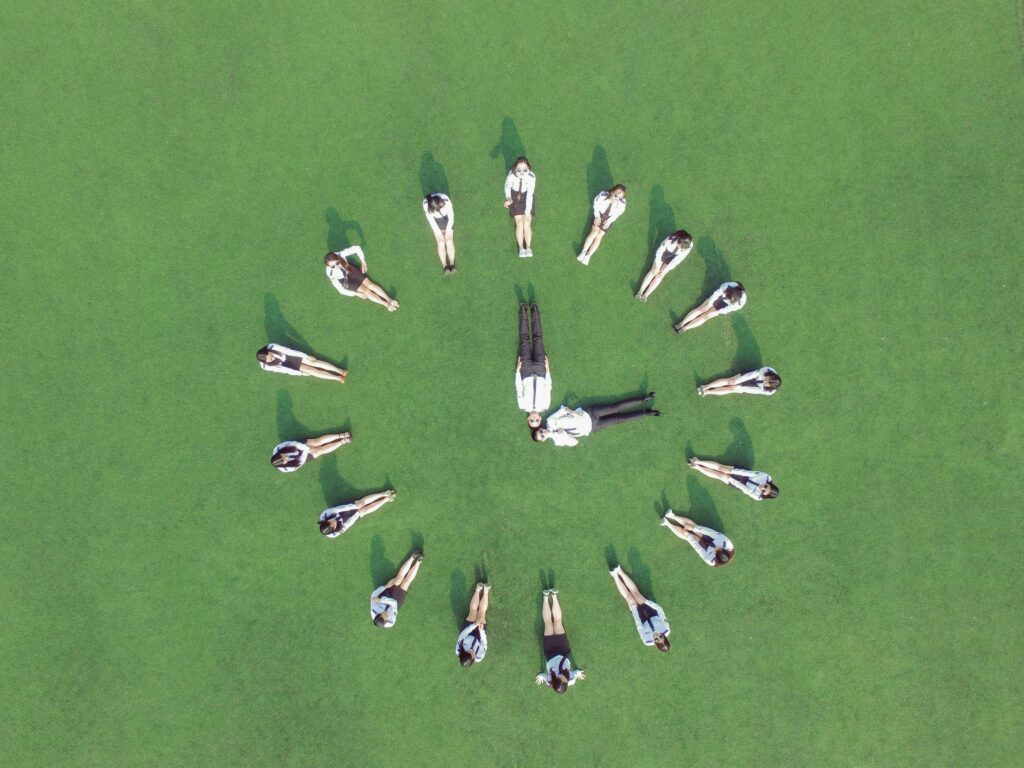Let’s talk about time: the great treasure of mankind
How to Manage Our Most Precious Resource for a Full Life

Human beings are the only beings in the created world who are aware of their existence; they know that they are here now and that one day they will no longer be here. Therefore, time is for each of us the great resource we have received; our main talent. When in the 1980s, several scientists led by Malthus’ theory were warning the world about the future lack of natural resources and the world population that would decrease, Julian Simon, another scientist, counter-argued by saying that the great wealth of a nation is its population.
Simon argued – and with absolute reason, because it was later proven – that natural resources cannot be viewed from a static perspective. In the analysis of the availability of natural resources, we must incorporate the capacity of human beings to discover more efficient uses or techniques that make possible the exploitation of resources that were considered inaccessible. Along these lines, and as an example, we can say that despite the amount of gold extracted in our country from 1980 to date, the current proven gold reserves in our country are greater than the proven gold reserves of 1980.
Time or life – which is the same thing – is the great resource of all men. It is true that some have more opportunities than others to exploit this resource. This is a topic that we can deal with on another occasion because this situation also has its reason for being; and also, a very human reason. Now, we are going to focus on the use of this resource; perhaps it will help us to identify cracks through which we lose part of it.
To examine it, I think it is appropriate to pay attention to a characteristic of the human being: it is a being that looks to the future; that is always in project. In fact, we have an internal sense – little known – that helps us to meet this challenge. It is the cognitive sense: the ability to plan future time. As a sense or sensitive power it is perfectible; As with memory and imagination, the cognitive sense is trained by the plans that one makes. That is why we can discover people who plan for a day in advance, others who do so with a horizon of a month, and others who are capable of having an agenda for an entire year. Setting future goals helps to train this internal sense.
A second variable is the fact that we can only plan activities: writing, sleeping, running, studying, swimming, etc. Success, on the other hand, is not planned. Success comes only when one has acquired the skills that allow him to take advantage of the opportunities that the various circumstances have given him. But these skills are the result of sequences of activities carried out to develop them.
The third variable is to take into account one’s own limitation. We do not have all the time we would like at the time we would like it. Time is a resource that cannot be saved, but rather circulating: it is always consumed, whether we are aware of it or not. And this reality leads us to think about the need to focus. We cannot cover everything we would like. That is why it is more important to go deeper than to go too far. The saying “whoever takes on too much, squeezes little” applies here.
Finally, if we want to know our ability to manage this valuable resource, my suggestion would be to examine the way we manage our free time. What time do we get up on Sunday? What time do we go to sleep on Saturday? What activities do we do on those days?
It is also worth looking at what we do in the breaks of our work days. We may spend a lot of time on Instagram or TikTok looking for something that we don’t even know what it is. If time is the main resource that we have as human beings, perhaps it is worth thinking again about what we do with it; and asking ourselves, with what priorities do we consume it?
 (EN)
(EN)
 (ES)
(ES)
 (IT)
(IT)





